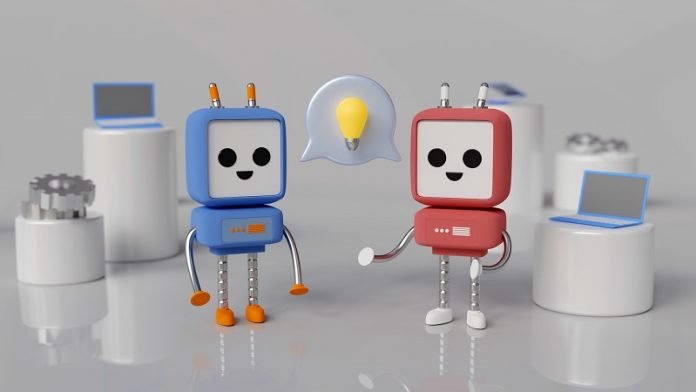
Have you ever made a decision that doesn’t make sense to others, but seems right to you?
Maybe it’s because of a memory that’s important to you, or maybe you’re just making the best choice you can with the information you have.
Turns out, scientists are studying this idea using computerized robots and a game about saving rhinos!
A group of researchers used something called a “probabilistic finite automaton”, which is a type of computer model, to copy human behaviors.
They programmed these robots to play a game against each other where they could either be a rhino poacher or a ranger trying to prevent the poaching.
In the game, the robots had to choose a location to visit each round, based on past game information.
The ‘poacher’ scored points by finding a rhino, while the ‘ranger’ won points by catching the ‘poacher’. If the robots could remember every move in the game, they soon started using the best strategy.
But when researchers limited their memories, the robots started to make decisions similar to the ones humans make – sometimes appearing to take shortcuts or even act a bit irrationally.
One of these behaviors is called ‘probability matching.’ Imagine you have a coin that lands on heads three out of four times.
The smartest choice would be to always guess heads, right? But many people will guess heads three-quarters of the time and tails one-quarter, which actually reduces their chances of winning.
Similarly, in the game, the ‘poacher’ robot visited places more often where it previously found a rhino, and less often where it rarely found one. This strategy wasn’t perfect, but it worked pretty well.
Another behavior the robots copied from humans is focusing on important memories.
Like, if you got a speeding ticket on a certain street, you might always drive slower there, even years later. In the game, when the ‘poacher’ robots were programmed to remember the places where they were caught by the ‘ranger’, they became better at avoiding those places.
Interestingly, when researchers got real people to play the game, some of their strategies matched up with what the robots were doing.
This shows that the robots were able to copy at least two human behaviors. And even though these decisions might seem odd to others, they actually made the robots better at the game.
So, sometimes what might seem like an odd decision could be the best one, given the information and memory you have.
As the lead scientist said, “And that strikes me as pretty rational.” Just goes to show, humans are smart in their own unique ways!
Follow us on Twitter for more articles about this topic.



